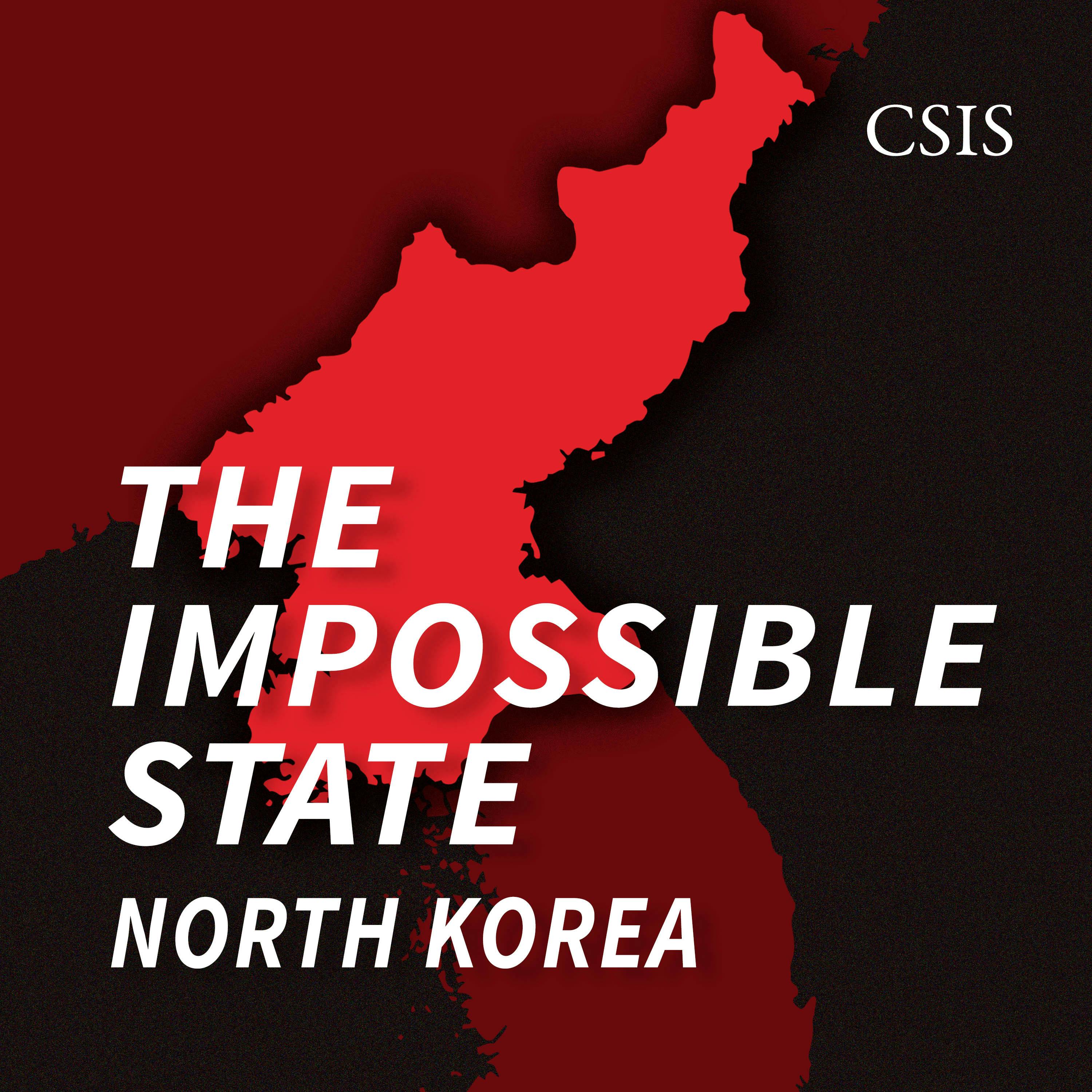
Deep Dive
Why did President Yoon declare martial law in South Korea?
President Yoon declared martial law due to frustration with political gridlock in the National Assembly, which hindered his ability to pass key agenda items, including the budget. He also faced impeachment threats against several cabinet members.
What was the public reaction to President Yoon's declaration of martial law?
The public reaction was one of shock and anger. Many South Koreans viewed the declaration as a regression to the country's dark past of military coups and undemocratic actions. Large-scale protests followed, with 70-90% of people supporting impeachment.
How did the South Korean National Assembly respond to President Yoon's martial law declaration?
The National Assembly passed a vote to impeach President Yoon, with support from both opposition parties and even members of his own party, the PPP. The impeachment motion was initially unsuccessful but succeeded over the weekend.
What happens next in the impeachment process of President Yoon?
The impeachment case moves to the Constitutional Court, where six of the nine judges will deliberate. If six judges uphold the motion, Yoon will be permanently removed from office. If dismissed, he could face massive public demonstrations calling for his resignation.
What role does the Constitutional Court play in South Korea's impeachment process?
The Constitutional Court decides whether to uphold or dismiss impeachment motions. In the case of President Yoon, six judges will deliberate, as there are currently three vacancies. The court's decision will determine Yoon's fate as president.
How might the political crisis in South Korea affect its alliance with the United States?
The political turmoil in South Korea complicates alliance management, especially with a new U.S. administration under Donald Trump. South Korea's caretaker government may struggle to engage effectively, and future policies could diverge depending on which party wins the next election.
What are the potential foreign policy shifts if the opposition party wins the next South Korean election?
The opposition Democratic Party (DP) may adopt a more conciliatory approach toward North Korea and China, potentially reducing trilateral cooperation with the U.S. and Japan. However, public opinion and regional dynamics may force moderation in their policies.
How might North Korea react to the political crisis in South Korea?
North Korea is likely to observe the situation without immediate provocation, as South Korea's internal turmoil benefits Pyongyang. However, North Korea may seek to engage with a new U.S. administration or a future South Korean government to gain strategic advantages.
- President Yoon declared martial law, a move that shocked many.
- The National Assembly voted to impeach President Yoon.
- Public reaction was one of shock, anger, and a demonstration of democratic resilience.
Shownotes Transcript
In this episode, Dr. Victor Cha, Dr. Darcie Draudt-Véjares, and Mr. Bruce Klingner discuss the current political situation in South Korea. Topics will include updates on President Yoon's martial law, his impeachment, what's next for the Korean peninsula and US-ROK alliance, and more.